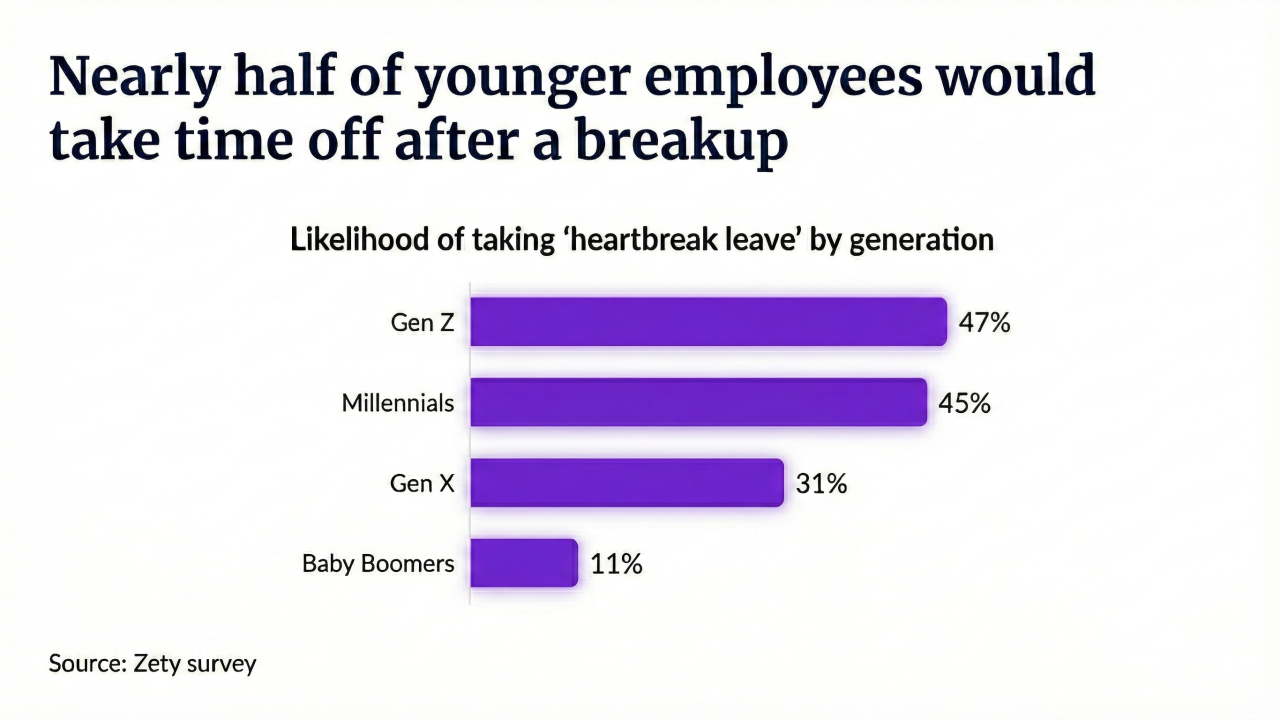The Equal Employment Opportunity Commission recently
Given the potentially wide ranging impact of these regulations, covered employers (those with 15 or more employees) should review immediately all policies dealing with the acquisition, use, disclosure, and/or maintenance of sensitive employee medical information.
Although the new regulations do not interpret Title I of GINA, which prohibits genetic discrimination in health coverage, they clarify that such discrimination could result in sanctions being imposed on an employer under Title II, even though sanctions may also be imposed on a group health plan under Title I for the same actions.
GINA and its new implementing regulations:
• Prohibit the use of genetic information in employment decisions, including those concerning hiring, firing, compensation, and terms and conditions of employment;
• Generally bar employers from requesting, requiring, or purchasing genetic information, other than to comply with the Family and Medical Leave Act or similar laws, for use in genetic monitoring related to toxic substances in the workplace, or for DNA analysis for law enforcement purposes;
• Permit employers to request genetic information in connection with a wellness program, provided, among other things, that an employee consents to receive such request, and any financial inducement for providing such information is also available to employees participating in the program who do not do so (e.g., they provide other information that is not genetic information);
• Require that genetic information be maintained as a confidential medical record, strictly limiting its disclosure; and
• Provide broad remedies for individuals whose genetic information is acquired, used, or disclosed in violation of GINA, and protect employees from retaliation for exercising rights under GINA.
The regulations broadly define "genetic information" to include, among other things, an employee’s family medical history, and the receipt of genetic counseling or testing, regardless of the results.
Genetic information acquired by an employer and filed in a general personnel file before the law’s effective date of Nov. 21, 2009, need not be removed to a confidential file, although employers may wish to do so in order to safeguard that information and protect it from disclosure and use in violation of GINA. Genetic information acquired after GINA’s effective date must be stored in confidential medical files.
The impact of GINA and its new regulations may be significant.
Employer policies and practices that may be affected by the new regulations include record retention policies and procedures (with respect to regulations’ confidentiality requirements), wellness programs that may lead to
Additionally, the new regulations impose a posting requirement on covered entities. Employers must post in the workplace a notice prepared by the EEOC, summarizing employee rights under GINA and its new regulations.
Keyser can be reached at
Employee Benefit News Legal Alert is a free, weekly e-newsletter featuring articles from the nation’s leading benefits attorneys.





